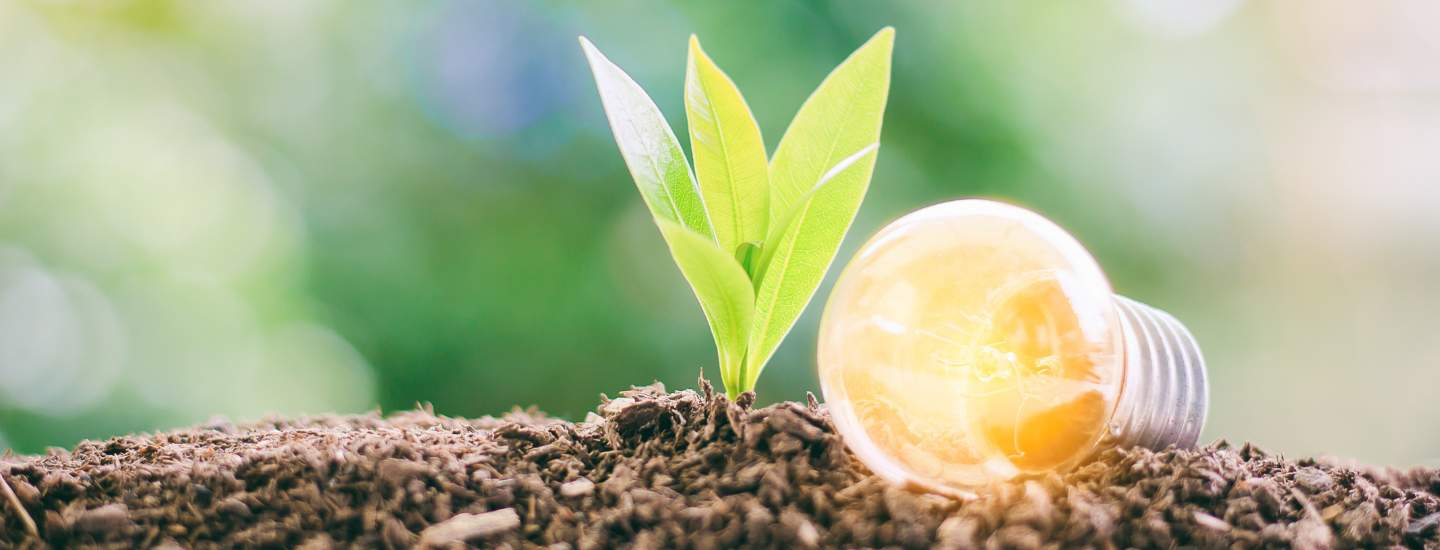News flash! How to Find the Best Student Accommodation in the UK 2025
Ready to book for September 2026? Become a VIP... JOIN THE WAITING LIST

At the end of last year, we launched our third edition of the #HostEnvironmentalPledge Campaign for 2020/21. The campaign focuses on becoming more environmentally friendly by reducing energy usage at our buildings.
The reason for this is because although it may not be obvious, there’s a direct connection between energy use and the environment. When less power is consumed, the number of toxic fumes released by power plants is reduced, the earth’s natural resources are conserved, and ecosystems are protected from destruction.
So, by taking some small and simple steps to reduce your energy intake, such as those listed below, you can help contribute to a healthier and happier world.
Did you know that having your chargers plugged in, but not actually charging anything, uses the same amount of energy as when they are charging? And if it’s just phone chargers you’re thinking of, think again; the same applies to laptop chargers too. So, if nothing’s charging, unplug it.
It might be the easier option to just flick the remote and switch your TV into standby mode, but when it’s on standby it’s still using up electricity. The same goes for other appliances such as computer screens, kettles and straighteners. If you’re not going to be using your appliance, turn it off at the main power socket.
When you’re doing your weekly shop and preparing meals, think about everything you need to buy and how you can cook in bulk for the week. By keeping your fridge/freezer well stocked, you’ll help reduce your energy usage as a well-stocked fridge/freezer won’t need to work so hard to keep everything cold.
No, we don’t mean talk less. By putting a lid on your saucepans can save as much as an estimated 60% of energy to boil water and cook food.
It might be a last-minute thought, but checking you have the correct tog rating for your duvet during the winter months can reduce your energy usage. The right duvet will ensure you feel warm and cosy whilst in bed and you’ll feel less cold when getting up; therefore, reducing the likelihood of you cranking the heating right up!
We know it can be difficult, especially in winter when all you want to do is stand under a hot shower for days, but taking shorter showers means using less water. Which in turn means less energy being used re-heating water. If you’re feeling brave, you could even try a cold shower now and again; the health benefits are well documented!
It’s easily done and I’m sure we’ve all done it but don’t forget to turn the lights off in your room when you leave. It’s a waste of energy to light a room when no-one’s in there, so make it routine that you flick the switch as you exit.
Before you go raising the temperature on your thermostat, consider putting an extra layer on. If it’s cold outside yet you’re walking around in your shorts and vest, it’s probably a good idea to try putting a jumper on instead. You could even snuggle down with a hot water bottle or a blanket; both can be a lot cosier than a radiator or heater.
Making yourself a cuppa? You probably don’t need to fill the kettle; only boil as much water as you need. This will save energy, water and time all at once! Also, try to avoid boiling the kettle twice; even if you forgot about the first boil, the kettle keeps the water warm for some time so it should be ok to use.
If you want to keep your room warm, make sure your windows and doors stay closed to avoid the warm air escaping and any cold drafts coming through. Remember, radiators and heaters are chosen and fitted specifically for the space it’s expected to heat, and if a window or door is open, it means it has to work harder; which in turn, uses more energy.
If you’re living with us, don’t forget to get involved with the #HostEnvironmentalPledge campaign and make your pledge. Follow us on Facebook, Instagram and Twitter for the latest updates and share your energy saving tips with us too.
Do you want to be a green champion and help us on our quest to reduce energy? If you are passionate about the environment and want to get involved please email us at info@host-students.com – we’d love to hear from you!
To become more ‘environmentally friendly’, Host is launching the #HostEnvironmentalPledge campaign to encourage responsible behaviour and drive sustainability across our sites throughout the UK and Ireland.
It’s a simple campaign! For every percent we reduce our overall utilities (electric, water and gas) consumption by we donate to one of our nominated charities.
Show me all news